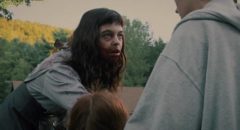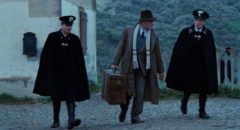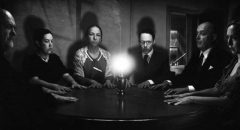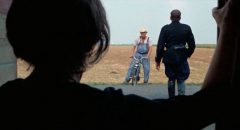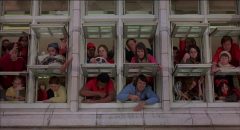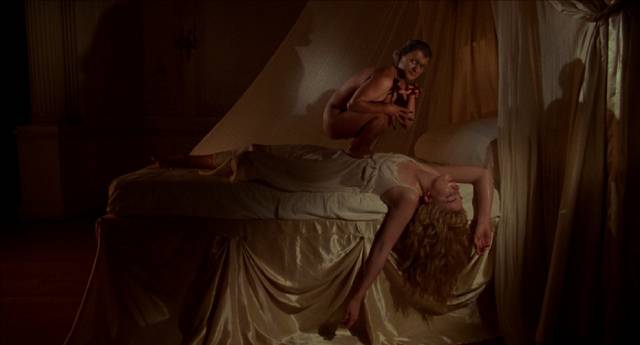
A wildly varied selection of recent releases from the BFI, with Pat Jackson’s Western Approaches (1944) transforming propaganda into art via Jack Cardiff’s Technicolor photography; Roddy McDowall’s The Ballad of Tam Lin (1970) infusing folk horror with the Hollywood glamour of Ava Gardner; and Ken Russell turning the famous 1816 house party presided over by Lord Byron on the shores of Lake Geneva into a fever dream of the Romantics’ fascination with love and death in Gothic (1987)



